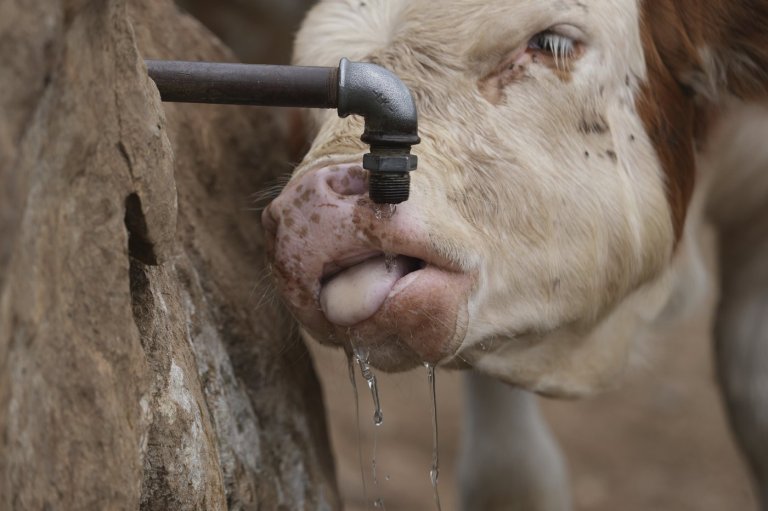
Gort’s Gouda leaves nasty aftertaste for tourist
VERNON – It was supposed to be a fun road trip back to Alberta with her girlfriend, sightseeing along the way. But Annemarie McCrie wishes they’d never stopped at Gort’s Gouda Cheese Farm.
McCrie, 37, is one of 11 people in B.C. and Alberta to have eaten the cheese and become ill with E. coli poisoning. One person who ate the cheese and tested positive for E. coli died in late August, though health authorities have yet to determine exactly what factor the infection played in the death.
The Canadian Food Inspection Agency has recalled 14 of the unpasteurized cheeses, and is inspecting the farm to determine where the contamination is coming from.
McCrie, a cancer survivor, says she never would have eaten the cheese if she’d known it was unpasteurized because her immune system is already compromised.
“I never saw a sign that said it was made from raw milk, even on the packages,” McCrie says.
McCrie visited the farm Sept. 1. She sampled all their cheeses and bought four packages. A week later, she woke up with intense stomach cramps. Soon, she was experiencing severe bloody diarrhea.
She was in the hospital for two days, taking morphine and other drugs.
“I’ve been through years of chemo, and the whole time I never had to use morphine,” she says. “I was in so much pain (with the E. coli) that I couldn’t bear it. I was asking for morphine.”
It wasn’t until the results of a stool sample came back that she found out she had E. coli.
“Someone from Health Canada called me and I told her I’d been to Gort’s. She said, that’s it,” McCrie says.
She still had two packages of Gort’s Gouda, which have been sent to Health Canada for testing.
“Because I’m a cancer survivor, I’ve tried to eat healthy, organic and local. I go out of my way to buy it because I thought it was the safest thing for me to do,” she says. "I'm angry. This wasn't necessary, this didn't have to happen to me."
The owners of Gort’s Gouda have said they are devastated by what has happened, and will make any recommended changes to improve the safety of their product.
The inspection agency says just because the cheese was unpasteurized doesn’t mean that’s what caused the contamination. They’re investigating the possibility that contamination occurred through handling, packaging or some other source of contact.
Around 500 kg of potentially affected cheese was sold between May 27 and September 14, before the recall went into effect. Anyone experiencing abdominal pain, diarrhea or blood in their stool should see a doctor.
To contact the reporter for this story, email Charlotte Helston at chelston@infotelnews.ca, call (250)309-5230 or tweet @charhelston.
%%Video1%%
Join the Conversation!
Want to share your thoughts, add context, or connect with others in your community? Create a free account to comment on stories, ask questions, and join meaningful discussions on our new site.













Leave a Reply
You must be logged in to post a comment.